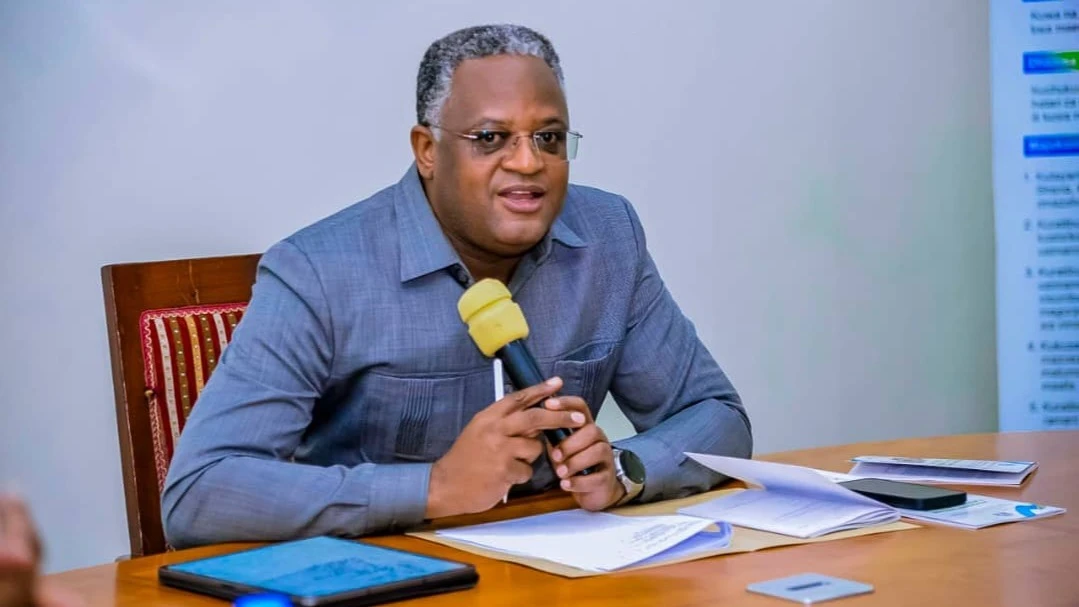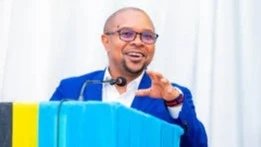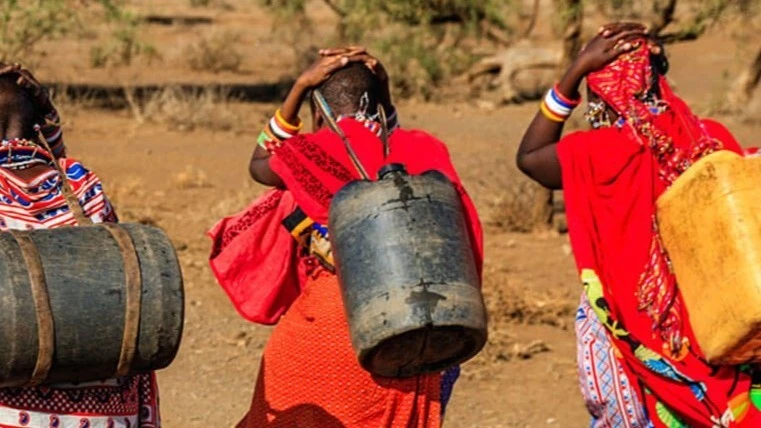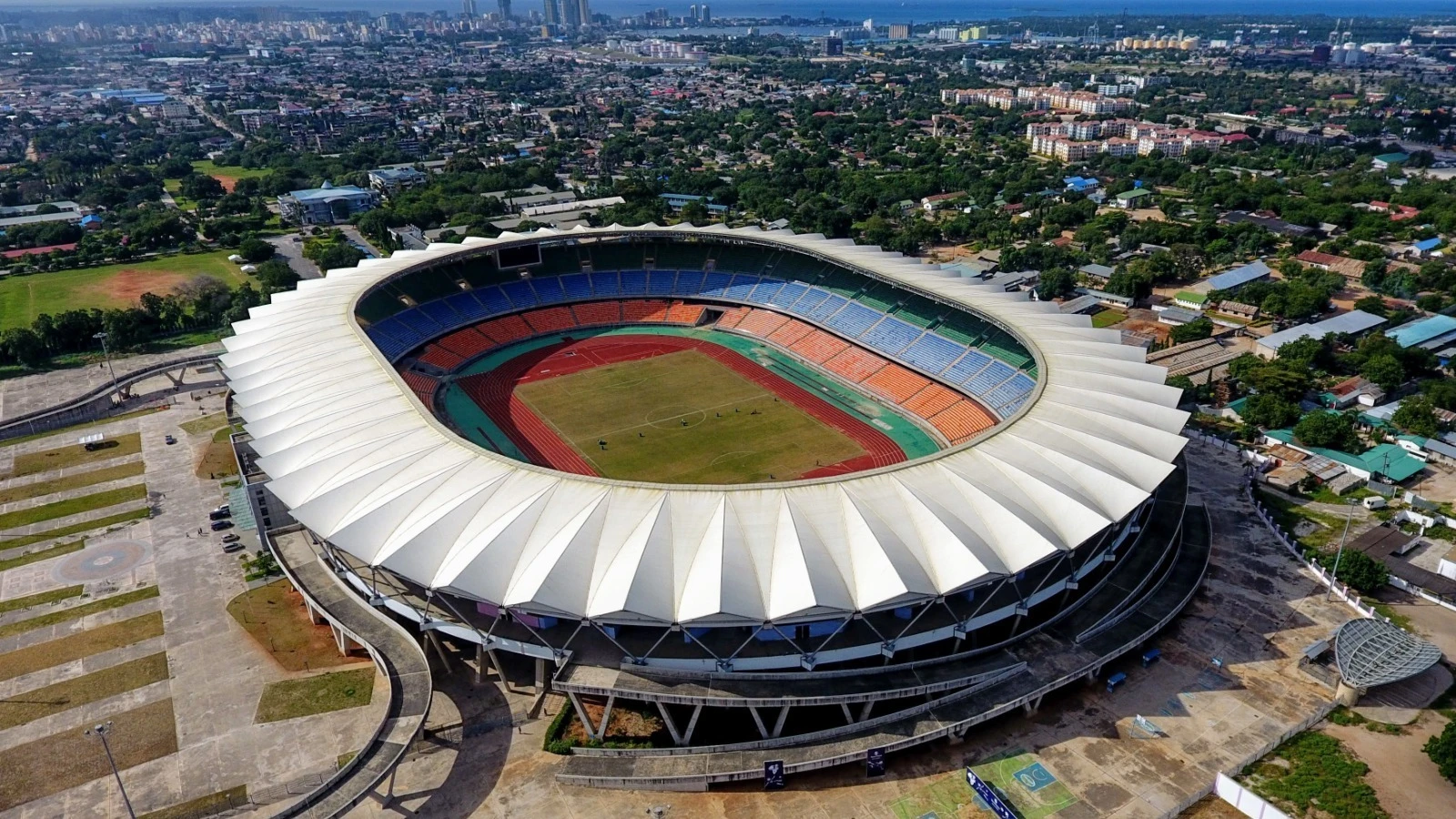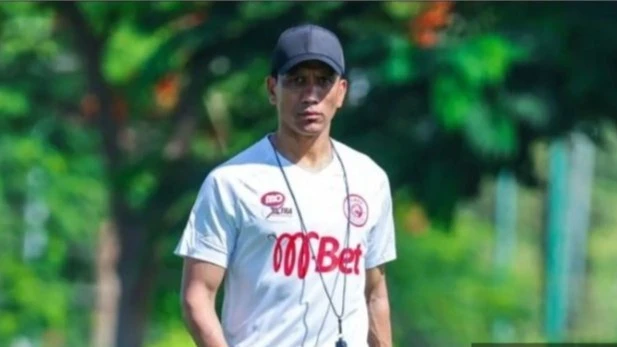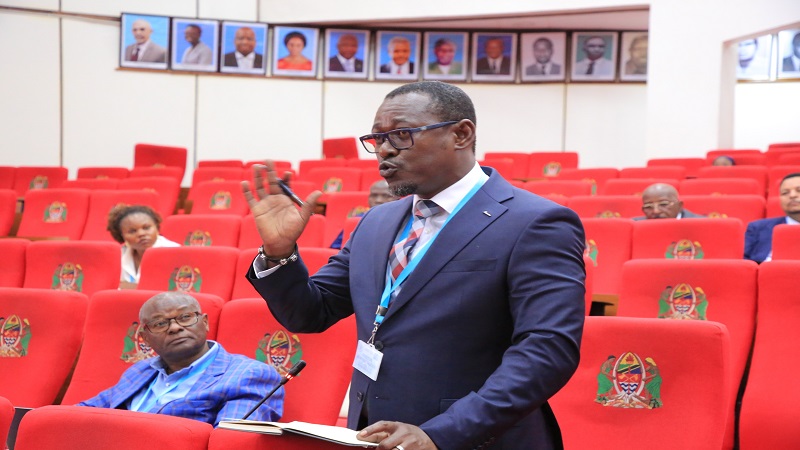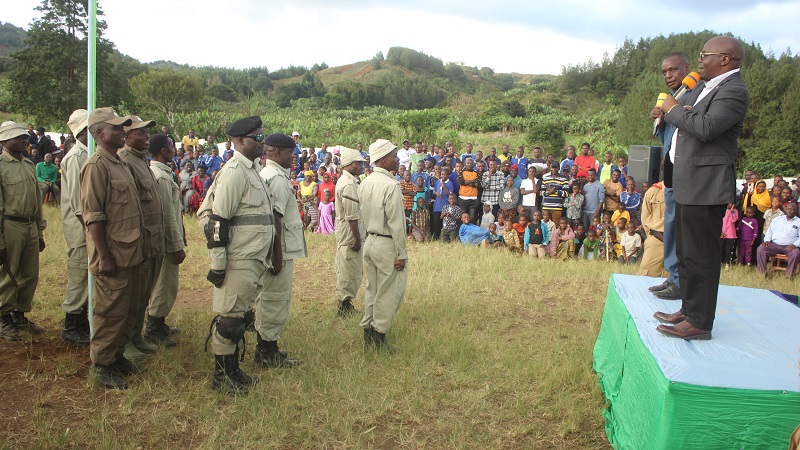A mother’s struggle: Denied loans and lingering hope in Chamwino
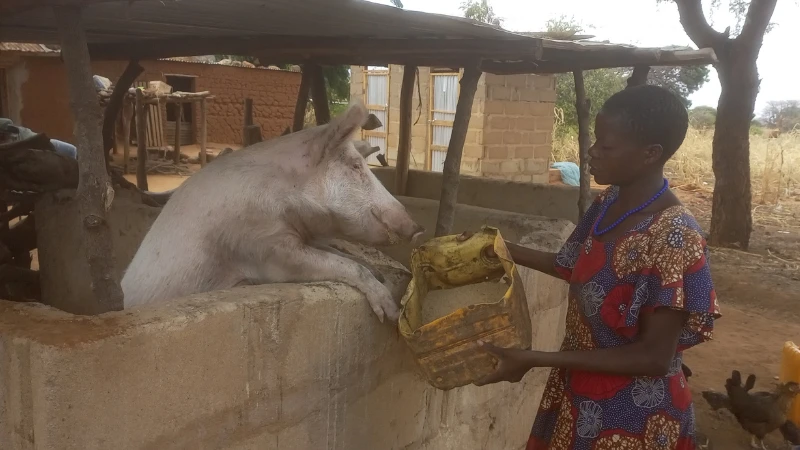
In the heart of Muungano village, nestled within the dry plains of Chamwino District in Tanzania’s Dodoma Region, 40-year-old Vumilia Msanjila tends to her pigs with patient care.
It is a hot afternoon, the kind that slows time, but for Msanjila, every minute counts. These pigs, a modest gift from a disability support program, represent a fragile hope for survival—one that regulations are threatening to crush.
Msanjila is not just raising livestock; she is raising a child with a disability. Her 10-year-old niece, Imelda, was born with a walking impairment.
After Imelda’s mother passed away six years ago, Msanjila stepped in to care for her. The child’s father, her brother, had declared he lacked the means and capacity to support a child with special needs.
“It’s not an easy thing to raise a child with a disability when you do not run any income-generating activity,” says Msanjila, her eyes tired but resolved.
“Imelda has unique needs that require money, but I only depend on my husband’s earnings. I wanted to start a small business—something that could sustain us—but I was denied the opportunity.”
Like seven other women in her village, Msanjila is a caregiver to a child or relative living with a disability. Last year, they formed the Bwawani Women’s Group, hoping to qualify for Chamwino District Council’s two percent interest-free loan, a scheme supported by the government to empower people with disabilities. The group drafted a constitution, followed the proper legal procedures, and submitted its application in May.
But the response came as a shock: they were ineligible. The community development officer informed them that under the latest government regulations, only people with disabilities aged 18 or older could apply for the loan.
Guardians, caregivers, and parents of children under 18 with disabilities were excluded, regardless of the economic burden they shoulder daily.
These restrictions stem from regulations enacted in October 2024, following amendments to the Local Government Finance Act (Cap 290).
The amendments mandated that all local governments allocate two percent of their domestic revenue for people with disabilities to access interest-free loans and engage in income-generating activities.
However, the regulations, published in Government Gazette No. 856, contain provisions that have sparked outrage among guardians and activists alike.
Disqualified by Definition
Chapter Five of the regulations is particularly controversial. It explicitly prohibits parents, guardians, relatives, and caregivers of children with disabilities under 18 from receiving loans on their behalf.
Furthermore, it disqualifies those caring for persons with severe conditions like Down syndrome, autism, and psychosocial disabilities. Even people with disabilities who are formally employed are denied access to the loans, regardless of their income level.
“If someone can be appointed as an executor for a child’s estate, why can’t they be allowed to access loans to generate income for that child’s welfare?” Msanjila asks, still baffled by the logic of the regulations.
Her frustration is not just theoretical. Imelda’s needs are growing, and though she receives partial tuition support from BRAC Maendeleo Tanzania, through a joint project with SHIVYAWATA (Tanzania Federation of Organizations of Persons with Disabilities), many other costs remain unmet.
Imelda uses a wheelchair provided by the program, and the pigs gifted through the same initiative are now Msanjila’s only source of hope. But keeping the pigs fed costs 40,000 shillings every two weeks—money she simply doesn’t have.
Falling Through the Cracks
Saidi Makonda, Project Assistant Coordinator at SHIVYAWATA in Dodoma, confirms that Chamwino District is home to about 50 beneficiaries under the Disability Inclusive Graduation Ultra Poor Project. Yet even with that project’s support, many needs remain.
“We helped the Bwawani Women’s Group draft their constitution so they could qualify for the two-percent loan,” Makonda says. “But the new regulations blocked their application simply because the applicants are caregivers—not the disabled individuals themselves.”
Local leaders, including Muungano Village Executive Officer Keneth Haule, acknowledge the issue. Haule says the group was excluded from the loan recipients list due to “lack of qualifications” under the law. “We have discussed this in the village meetings and are preparing a petition to the Chamwino District Council,” he adds. “We believe the guardians should be granted an opportunity to apply on behalf of those they care for.”
Yet, even the ward community development officer, Joseph Mangii, feels bound by the rules. “I’ve advised the group to register the names of the disabled children alongside their own, but I must admit, the regulations don’t allow me to process loans for anyone who is not disabled themselves,” Mangii states.
Regulations versus Reality
This strict interpretation has had wider consequences. John Peter, a visually impaired teacher at Buigiri Blind Primary School, reports that he and six colleagues were also denied access to the loans because they are employed.
“We are indeed teachers, but our salaries are too small to meet all our needs. We were hoping to use the loan to start small businesses,” he says.
Peter argues the regulations contradict Tanzania’s Constitution, specifically Article 8(1)(b), which mandates the government to ensure the people’s welfare. Article 9(d) further compels state institutions to plan and promote the economy in a balanced and integrated manner. Internationally, the 1975 UN Declaration on the Rights of Disabled Persons underscores the right of people with disabilities to participate in economic, social, and political life.
Elizabeth Ng’oboche, 63, another member of the Bwawani Women’s Group, takes care of her 22-year-old granddaughter Neema, who has a mental health condition. Neema recently gave birth to a child after being taken advantage of by an unknown man. Elizabeth is now raising both of them alone. Yet, like Msanjila, she is ineligible for a loan.
“I am asking the government to amend these regulations,” she pleads. “How can Neema apply for a loan when she cannot even manage her affairs? I am the one who feeds her and her child.”
A Policy Blind Spot
Despite growing evidence that the regulations are harming those they were designed to help, appeals for clarity or reform have gone unanswered.
Chamwino District Executive Director Tito Mganwa deflected the issue, suggesting the question be directed to Mohammed Mchengerwa, Minister in the President’s Office responsible for Regional Administration and Local Government. The minister has not responded to repeated requests for comment.
Meanwhile, the need remains stark. Data from the 2022 Population and Housing Census, published in 2024, shows that over 5.3 million Tanzanians aged seven and above—equivalent to 11.2 percent of the population—live with some form of disability. The most common disabilities include visual (2.9 percent) and walking impairments (1.7 percent).
Back in Muungano village, Msanjila continues to feed her pigs, clinging to the hope that policies may eventually align with reality. “We don’t want charity,” she says. “We just want a chance to work, to build something sustainable for our children.”
As Tanzania approaches the final mile of its National Development Vision 2025—whose goals include enabling economic empowerment for people with disabilities—stories like Msanjila’s stand as a reminder that well-intended laws must be flexible enough to embrace lived realities.
Without that, they risk denying the very people they were designed to uplift.
Top Headlines
© 2025 IPPMEDIA.COM. ALL RIGHTS RESERVED











